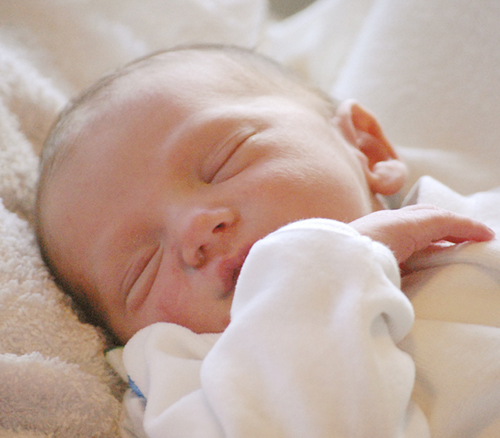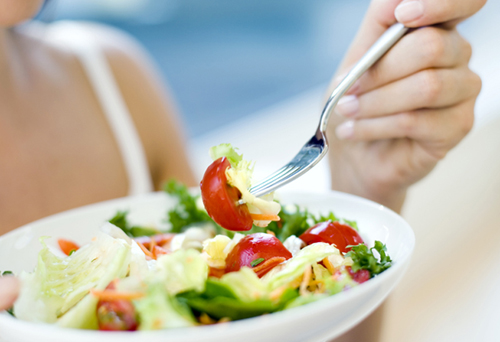A healthy lifestyle benefits your physical and mental well-being and helps you deal with the demands of parenthood.
Your baby today
Whether you’re breast-feeding or bottle-feeding can have an effect
on your baby’s stools. The stools of breast-fed babies tend to be
slightly runnier and can have a fairly sweet aroma, while bottle-fed
babies may have firmer, stronger smelling stools.

It’s important to eat a well-balanced diet to help you deal with the demands of motherhood. If you’re
breast-feeding, you’ll need an extra 500 calories a day. Drink plenty of
clear fluids, being careful to limit your caffeine intake. If you were
anemic during pregnancy, or had a heavy blood loss after the birth, eat
lots of iron-rich foods, such as broccoli or spinach. Foods and drinks
rich in vitamin C will help you absorb iron.
If you smoke and didn’t
manage to stop during pregnancy, this is an ideal time to try to stop.
Ask your doctor to refer you to a local smoking cessation group.
Limiting your alcohol intake is also wise, and drinking while
breast-feeding isn’t recommended.
Eating a variety of fresh produce will ensure a good intake of vitamins and minerals.

It can be easy to take over
your baby’s care, but it’s important that your partner is involved too
and doesn’t feel left out. Your partner is adjusting to fatherhood and
may have his own anxieties and concerns. Sharing the practical care will
help him forge his own bond with the baby. As his confidence grows,
you’ll be able to take some time out while he cares for the baby.
Keeping the lines of communication open is vital since this is a time of
huge change for you both. It takes time to adjust to being a family,
but if you work together you’ll manage the transition more smoothly.
You’ll fill out your baby’s birth certificate in the hospital
Your doctor or hospital
will file this with the appropriate government agency. You’ll probably
also receive paperwork to apply for a Social Security number for your
baby, but you can also get the forms at ssa.gov.
Your baby’s diaper: what’s normal and when to worry
The color and consistency of a baby’s stools
are highly variable, but most are normal and not a cause for concern.
However, some types of stool can indicate a problem and it’s important
that you know what to look for. A change in the color of urine or the
presence of blood might also alert you to a problem.
What’s normal
Once your baby has passed the first dark meconium , stools may become dark green, green-yellow, bright yellow, orange, or brown; all are normal and may vary in the same day.
If your baby is breast-fed, stools may be loose and seedy.
If your baby is bottle-fed, stools tend to be smooth and firmer.
Frequency of stools varies from after every feeding to every 2–3 days.
Urine may be yellow or clear.
A
pink or red-orange stain on the diaper due to urate crystals (which
form from concentrated urine); these are common in the first few weeks,
especially in breast-fed babies and are nothing to worry about.
What’s not normal
White or putty-colored, which could indicate a liver problem.
Blood mixed in the stools, which could suggest a milk allergy.
Dark urine could be a sign of dehydration or jaundice.
If you notice any of these signs, ask your doctor for advice.